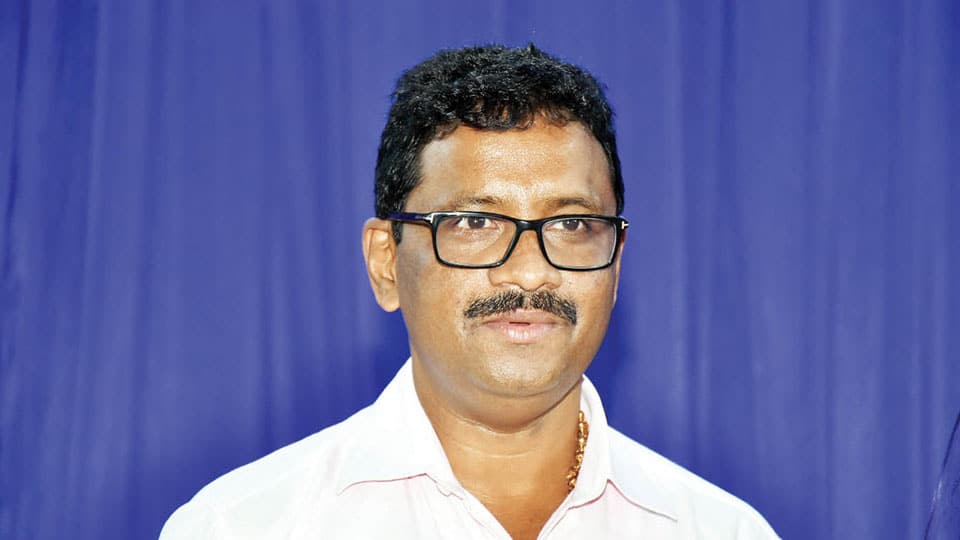Search at Dr. D.B. Natesh’s premises arbitrary, amounted to abuse of legal process: High Court
Bengaluru: In a ruling that could impact the money laundering probe into the Mysuru Urban Development Authority (MUDA) site allotment scandal involving Chief Minister Siddaramaiah’s wife B.M. Parvathi, Karnataka High Court (HC) on Monday held that the Enforcement Directorate’s (ED) searches and summons against former MUDA Commissioner Dr. D.B. Natesh were illegal.
Natesh, who led MUDA in 2021 when 14 housing sites were allotted to Parvathi, moved the High Court after the ED searched his residence from Oct. 28 to Oct. 29, 2024, under the Prevention of Money Laundering Act (PMLA), 2002.
He also challenged the ED’s summons issued on Oct. 29 and Nov. 6, along with the statements recorded by the agency, arguing that he was not named as an accused in the predicate offence of alleged corruption, which was registered by the Karnataka Lokayukta Police against Siddaramaiah, his wife and others on Sept. 28, 2024.
Search illegal
The High Court ruled that the searches at Natesh’s residence and the statements recorded under Section 17(1)(f) of the PMLA were invalid and illegal due to the absence of “reason to believe” in the ED’s actions.
Justice Hemant Chandangoudar, presiding over a Single-Judge Bench, quashed the ED’s summons under Section 50 of the PMLA and all statements recorded during the investigation.
The High Court observed that since Natesh was not named in the predicate corruption offence, he could not be compelled to provide information about the alleged illegal allotment of 14 sites. It further noted that the ED, as a premier investigative agency, must act with fairness.
Abuse of legal process
Upholding the right to liberty and privacy under Article 21 of the Constitution, the Court ruled that the search at Natesh’s premises was arbitrary and amounted to an abuse of legal process, as no prima facie evidence existed under Section 3 of the PMLA.
The Court also pointed out that while the predicate offence involved site allotments during Natesh’s tenure, there was no proof that he received any financial benefit from these transactions.
Referring to the sealed cover report submitted by the ED, the Court noted that no specific allegations were made against Natesh apart from the claim that he improperly allotted sites to Parvathi and was “close to realtors.”
Stating that the search and seizure were unwarranted, the HC ruled that the ED’s actions were based on unfounded suspicion.
Summons lacked legal authority
With no prima facie case against Natesh, the HC ruled that the summons issued by the ED were without legal authority.
The Court stated that he could not be forced to appear, record statements or produce documents, as this would infringe upon his liberty.
The Court also stressed that the ED must uphold procedural fairness in enforcing the PMLA and that the right to liberty and privacy cannot be trampled upon without due process.








Recent Comments